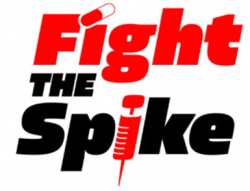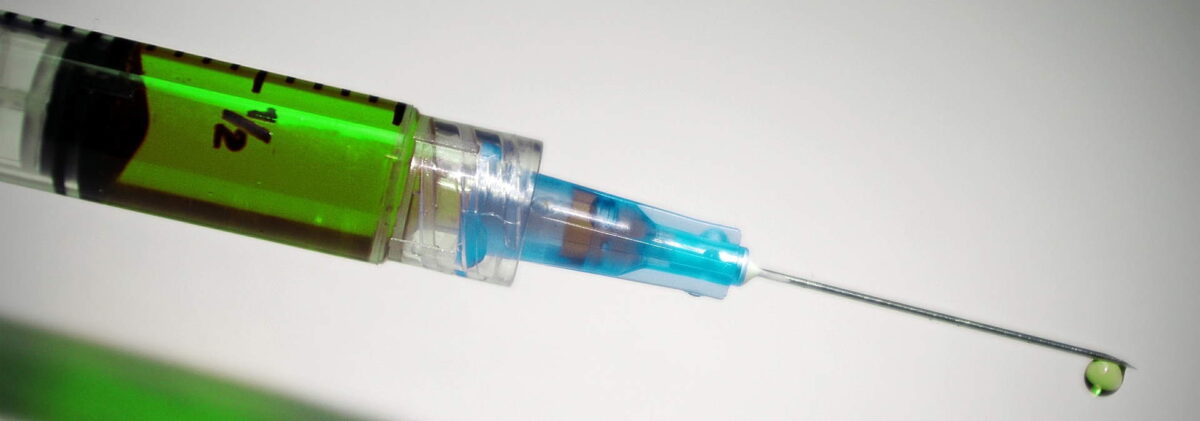WHAT IS SPIKING?
Spiking is when someone gives another person a substance without that person’s knowledge or consent. Substances used in spiking can include:
- Alcohol
- ‘Date rape’ drugs
- Illegal drugs
- Prescription drugs
These substances can be added to a person’s drink or injected into a person using a needle. Shots of alcohol can be added to drinks to make them stronger, causing someone to get drunk much quicker than expected. Or sometimes a drink can be spiked with drugs that are specifically designed to incapacitate someone.
Many incidents of spiking go unreported because victims experience memory loss or are unable to remember events clearly.
A lot of people believe that reporting their incident to the police would not be taken seriously.
It can be difficult to prove you have been spiked unless you get tested within a maximum of 24 hours. HOWEVER, the drugs usually stay in your system for 7 hours.
HOW TO KNOW IF YOU’VE BEEN SPIKED (DRINK)
You may not realise your drink has been spiked by smelling it or tasting it.
The substances used to spike drinks are often colourless and odourless.
Symptoms of drink spiking depend on many factors such as:
- the substance used
- what your drink has been mixed with
- the dose
- your size and weight
- how much alcohol you have already consumed.
Drink spiking symptoms may include:
- feeling drunk, woozy or drowsy
- feeling “out of it” or drunker than expected
- mental confusion
- speech difficulties (such as slurring)
- memory loss
- loss of inhibitions
- nausea and vomiting
- breathing problems
- muscle spasms or seizures
- loss of consciousness
- an unusually long hangover
- a severe hangover when you had little or no alcohol to drink.
HOW TO KNOW IF YOU’VE BEEN SPIKED (NEEDLE)
The effects of spiking vary depending on what you’ve been spiked with.
It’s believed that the same drugs used to spike drinks are used in needle spiking. These include Rohypnol (roofie) or Gamma Hydroxybutyrate (GHB), also known as date-rape drugs.
Needle spiking symptoms include:
- Sweating
- Headache
- Sluggishness
- Clumsiness
- Drowsiness
- Decreased reaction time
- Impaired judgement
- Lack of coordination
- Aggression
- Stomach disturbances
- Muscle spasms
- Speech difficulties
- Breathing problems
- A severe or unusually long hangover
- Confusion
- Vomiting
- Loss of consciousness, out of keeping with the amount of alcohol consumed
- Injection mark
- Bruising at the site of injection
- Loss of balance
- Acting out of character
- Nausea
- Blurred vision
- Dizziness
- Tiredness
- Hallucinations
- Amnesia
- Paranoia
- Loss of balance

